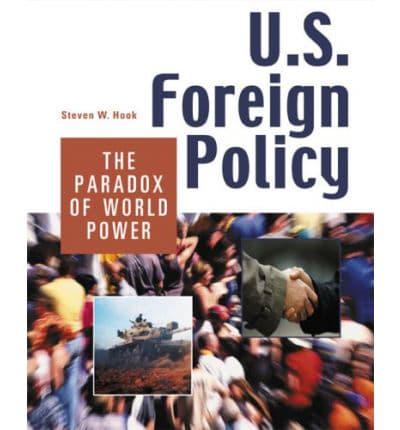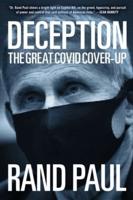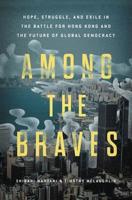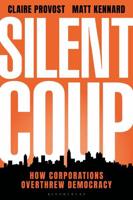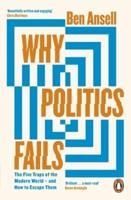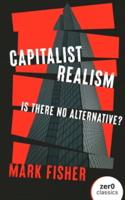Publisher's Synopsis
Helps students understand better the complex process of how decisions are made. The United States holds a paradoxical role in the world: although the super power in global politics, the United States is threatened by the same factors that facilitated its primacy. A sense of national exceptionalism, the diffusion of governmental powers, and the openness of civil society helped to create its status, but have also restricted the U.S. government's freedom of action and threaten it's sovereignty. Hook looks closely at the institutions of power - both inside and outside of government - that define the roles of public and private actors.;He concludes that these institutions (e.g., the presidency, Congress, the State Department, the media, interest groups, and inter-governmental organizations such as the U.N., World Bank, and NATO) become more complex as the scope of U.S. foreign policy broadens. As the lines between domestic and foreign-policy concerns are increasingly blurred, as the number and magnitude of problems crossing national borders increases, and as more individuals and groups become stake-holders and participants in the policy process, U.S. foreign policymaking becomes increasingly pluralistic.


